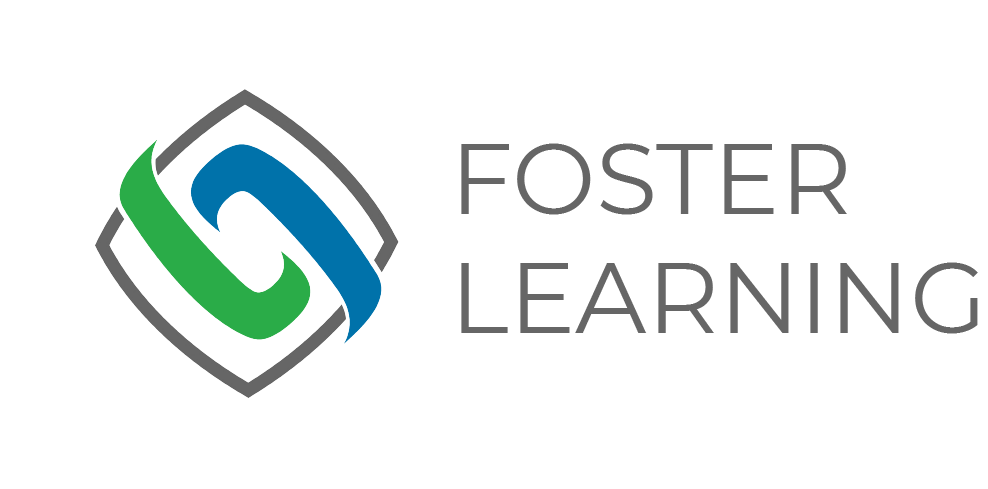Call or Msg: 03014966870

About Course
Are you finally ready and hungry enough to prey on your Game Developer Goals? It’s time to unleash that inner Coder Beast and unlock your full potential with our Industry-tailored Unity Game Development Program. Create stunning 2D/3D games for multiple platforms. Start your career in the exciting world of game development now!”
Why Learn Unity Game Development?
- Develop problem-solving skills
- Enhance your designing skills
- Lucrative career choice
- Become a part of community of 2 million Unity-Dev
- Bragging rights of becoming a Game-Dev
Why choose Game Train?
- Industry-tailored training programs
- Unity-Certified trainers
- 90% hiring rate
- Mentorship from industry experts
Course Outline:
- Getting started with Unity
- Player Movement
- Basic Gameplay
- Animator Controller
- Animation 2D / 3D
- Sound Effects
- Particle System
- Gameplay Mechanics
- User Interface
- Manage scene flow and data
- Apply object-oriented programming principles
- Coding Fundamentals
- Game & Code Optimization
- Develop Math and Physics Skills
Duration & Format:
Classes:
- 5-Days a Week (Monday to Friday)
- 8 Weeks
- Remote Classes
Timings:
- For Evening Classes
- (3 pm – 6 pm)
Eligibility Criteria:
- Basic Programming Knowledge
- No Age Limit
- No Education Restriction
- Must have a Functioning Laptop(Nationwide) (For Remote Training)
- Passion for Game Development
Laptop Specification:
- Minimum i5 processor
- Minimum 3rd Generation Intel processor
- 8GB Ram
- Minimum 40GB free space in Hard Disk/ SSD
Course Content
Get started with Unity
Explore Unity
Junior Unity Programmer (Create with Code)
Junior Programmer (Manage scene flow and data)
Student Ratings & Reviews

No Review Yet

